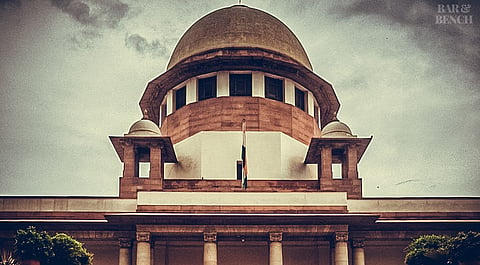
- News
- Columns
- Interviews
- Law Firms
- Apprentice Lawyer
- Legal Jobs
- हिंदी
- ಕನ್ನಡ

For an offence of abetment to suicide to be made out, there must be an active role played by the accused in the act of instigation or facilitation of the same, the Supreme Court held in a judgment passed on Friday.